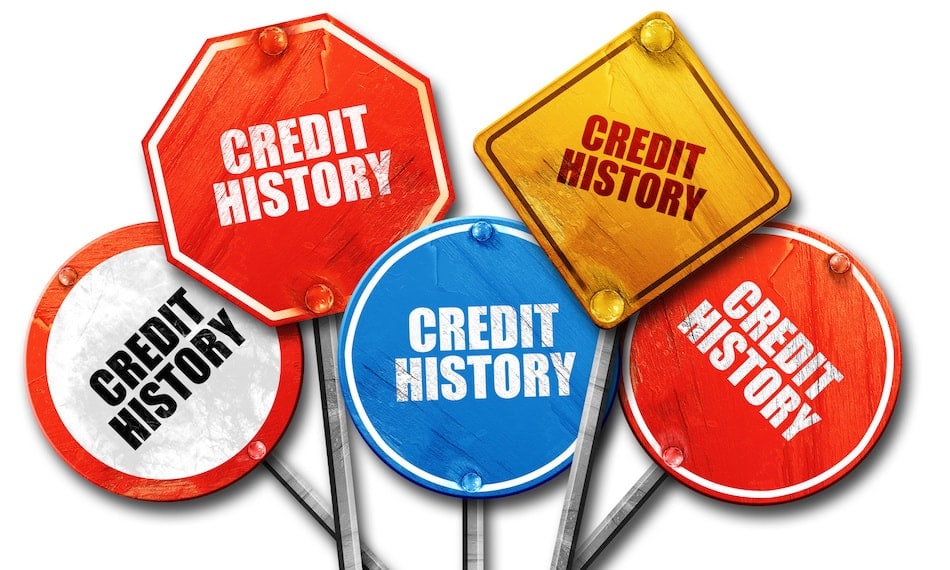
How To Buy a Home After Bankruptcy
 Bankruptcy is a final option that everyone wants to avoid at all costs, but sometimes it ends up being the best solution for the problem. It’s a common belief that buying a home after bankruptcy is virtually impossible because of the mark it leaves on a credit score. While bankruptcy can make a home purchase more complicated, many people who declare bankruptcy are able to buy a home following a seasoning period. Here is what home buyers should know about buying a house after bankruptcy and buying a house after Chapter 13.
Bankruptcy is a final option that everyone wants to avoid at all costs, but sometimes it ends up being the best solution for the problem. It’s a common belief that buying a home after bankruptcy is virtually impossible because of the mark it leaves on a credit score. While bankruptcy can make a home purchase more complicated, many people who declare bankruptcy are able to buy a home following a seasoning period. Here is what home buyers should know about buying a house after bankruptcy and buying a house after Chapter 13.
Repairing Your Credit
Before you can purchase a home following a bankruptcy, it’s important to spend a few years repairing your credit. Bankruptcy does damage your credit, as can the period of time leading up to the bankruptcy if you defaulted on your loans, and home buyers need to have a certain credit score in order to qualify for many mortgages after bankruptcy.
This may sound backwards, but one of the best ways to repair your credit after a bankruptcy is to get a credit card. Use your card to make purchases and pay off the balance in a timely fashion. Using a credit card responsibly is one of the best ways to show that you’re prepared to take out a larger loan, like a mortgage.
When you’re thinking about getting a mortgage, run a credit check and look for errors. Keep close tabs on your credit score in the months leading up to the mortgage application. This will help ensure that your credit report accurately reflects your financial status. Have any errors in your credit report fixed before attempting to take out a loan.
How Long to Wait After Bankruptcy
One of the most important questions regarding bankruptcy and buying a home is “How long after bankruptcy can I buy a house?” After bankruptcy, you won’t be able to buy a house for a period of time. This period of time is known as the bankruptcy seasoning period. Different types of loans require different seasoning periods. For example, here are the different seasoning periods required by some common mortgage options:
- FHA loans: 2 years
- Conforming mortgages: 4 years
- VA home loans: 2 years
- USDA loans: 3 years
These lengths may vary depending on the type of discharge the buyer had, so home buyers can contact a loan officer to discuss the specific details of your seasoning period and go over all credit records to determine which types of loans are available to home buyers and when.
Seasoning Time Leniency
Home buyers who want to purchase a home with a loan are typically forced to wait out the seasoning period before they are able to do so, but sometimes there are ways to get around them. For instance, if the buyer intends to use a conventional loan after bankruptcy through Fannie Mae, typically they would have to wait out the four year seasoning period before they would be able to do so. However, that seasoning period can possibly be shortened to just two years if there’s the buyer can supply physical extenuating evidence regarding the bankruptcy.
Other mortgage lenders may also offer shortened seasoning periods if the buyers can meet certain criteria, so all buyers should speak with a representative of their preferred mortgage lender to see if they can qualify for a reduced waiting period.
Preparing for Home Purchase
While waiting for bankruptcy history to improve, start preparing for a home purchase. Keep an eye on the real estate market in your area. Becoming familiar with home prices in the areas where you wish to live, will help you decide where to purchase when the time comes. This is a also a good time to start saving for a down payment so you’ll be ready when the time finally comes to buy a home.
Get Loan Paperwork in Place
Get your loan paperwork in place before looking at homes. This will help speed the buying process and enable you to overcome any credit hurdles before getting started with a home purchase. Once your paperwork is in place, you’ll know what kind of a loan you may qualify for, how much money you may be able to borrow and the approximate price range.
With the loan paperwork in place, look for a real estate agent in your area, then start looking at houses. Once you’re qualified for a loan, your home purchasing process should be a smooth experience. Working with a capable and experienced real estate agent will help.



